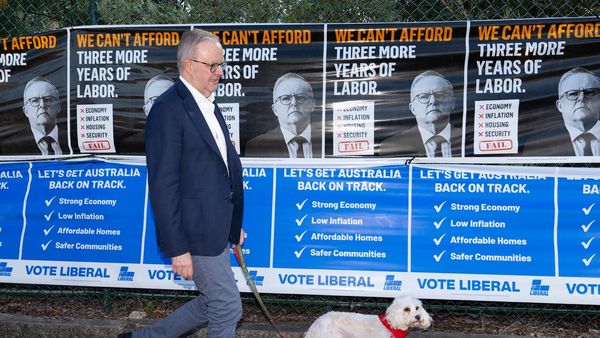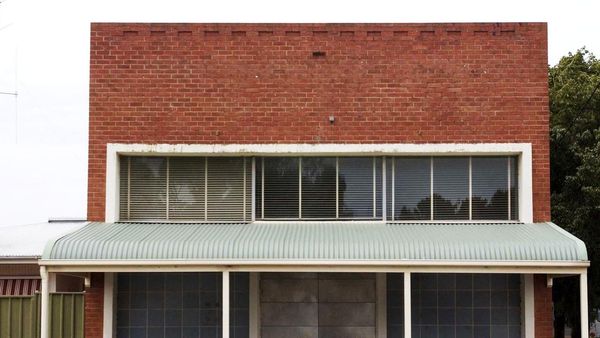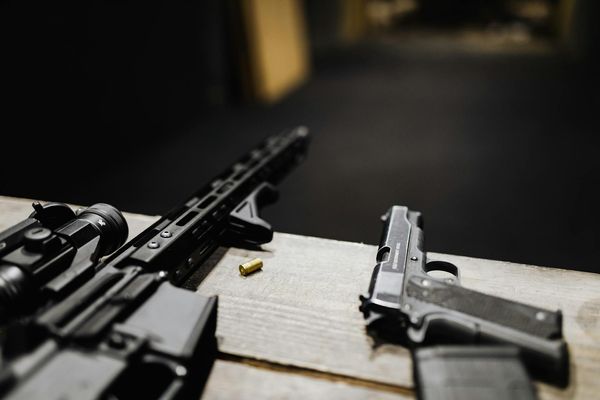When Ian Walker was a young man growing up in Perth, he lived something of a double life to protect himself from attitudes that not only disapproved of homosexuality — but criminalised it.
"Back then it was illegal to be gay and you were still considered to have a mental health disorder," Mr Walker said.
"I had girlfriends. I'd … drop her off at home at the allocated time that was acceptable to the parents, then nip into Connections and have a bit of a dance, and go back home and sneak in."
Mr Walker became an HIV activist in WA after he was diagnosed with the virus during the crisis of the 1980s.
His story is among several that have been recorded by the State Library of WA, which is calling for public submissions to help chronicle the state's LGBTQIA+ history.
Director of library services Susan McEwan said the project was part of a broader strategy designed to diversify the library's collections from the past 130 years.
"Historically, our collections can be of a colonial nature," Ms McEwan said.
"Last year we released a new collection strategy which has a real focus on everyone's story being important," she said.
"Making sure that we collect the full gamut of what it is to be Western Australian, and especially looking at historically under-represented communities."
Ms McEwan said she hoped stories like Mr Walker's would help ensure more diverse perspectives would be represented in the library long into the future.
Ms McEwan said the interviews covered many topics including the social stigma and marginalisation of LGBTQIA+ communities.
Mr Walker experienced first-hand the type of cruelty directed at gay men in the '80s.
"I went back to see the surgeon to get my results and as I opened the door, he said: 'Why didn't you tell me you were gay?'" Mr Walker said, in an oral history interview by Helena Cohen-Robertson.
"He said, 'You have AIDS, I won't be seeing you again, what do you want to tell your parents?"
Mr Walker returned to the waiting room in a state of shock and told his anxious parents he had glandular fever.
"All I could hear in my head was AIDS AIDS AIDS AIDS," he said.
Mr Walker said it was one stark example of the types of attitudes that existed at the time.
He became part of a group of activists who stood up to demand more medical research and support for people with HIV.
Mr Walker had fond memories of a form of protest involving a fax machine.
"Back then fax machines just had one strip of paper that you had to tear off; it wasn't individual pages," he said.
"We would write a message and put it through the fax machine but loop it back and tape it across, so it just kept going round and round.
"In the morning, when the Department of Health came in, the room was just full of paper."
The group also did "die-ins", where they would play dead on the street to raise awareness about HIV and AIDS.
Mr Walker remembered the moment an HIV-positive man stood up at a gay club and urged others who had a diagnosis to stand with him.
"I remember sitting there and it felt like an eternity before I stood up, but [it was] one of the most empowering things I've ever done to kind of say, 'I'm here'," he said.
Ms McEwan said it was important to collect stories like Mr Walker's to learn from events of the past.
"We can't better ourselves without looking at where we've come from," she said.
"And I think it's really important to be understanding of the history, especially for this community, and the marginalisation that's been experienced."
The library has also obtained a collection of more than 200 posters from Connections Nightclub, whose owner Tim Brown was among those who provided oral histories for the library.
She said people who would like to contribute to state library collections could do so through the library's website.
ABCQueer
A monthly newsletter for LGBTQIA+ folks and their allies, with stories about real people and their experiences of being queer.







